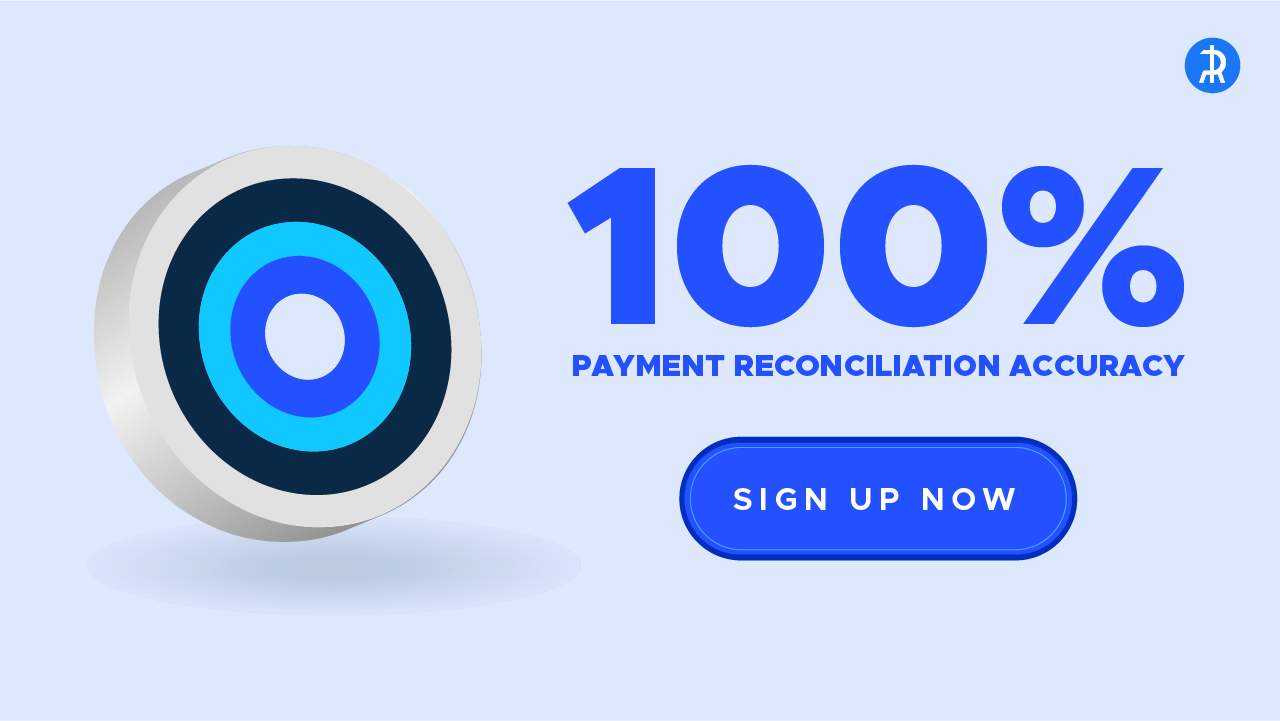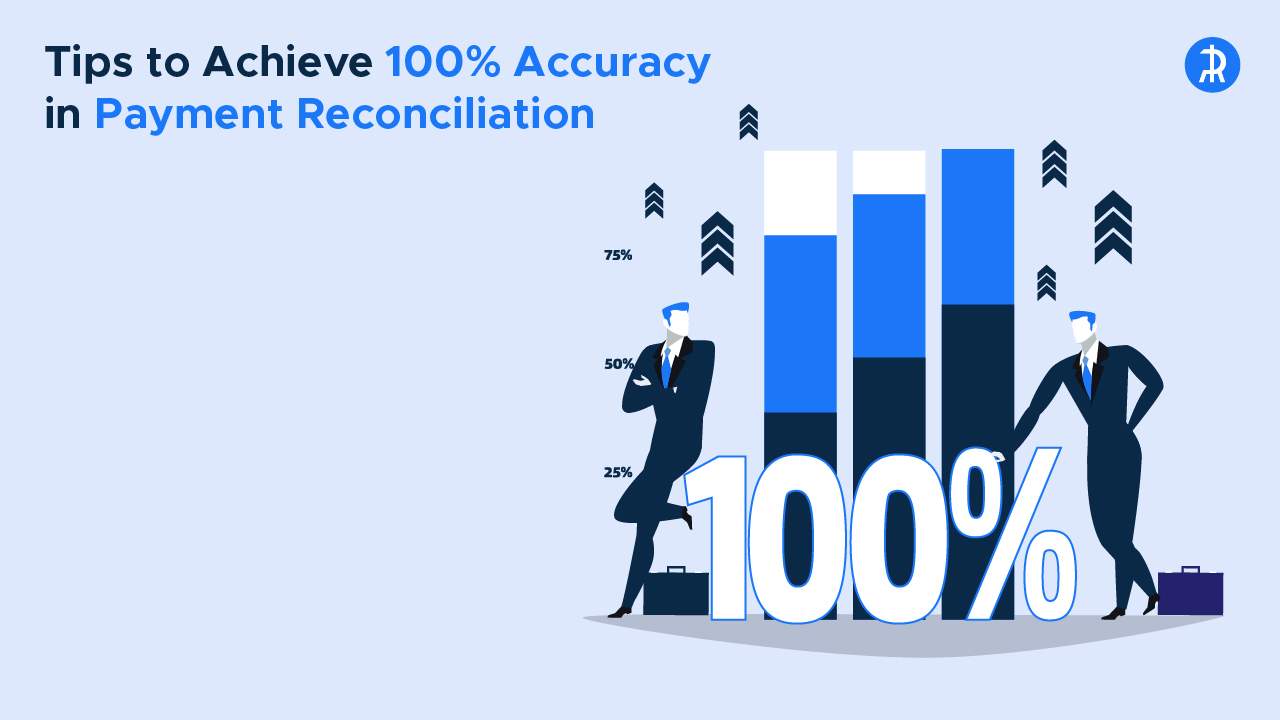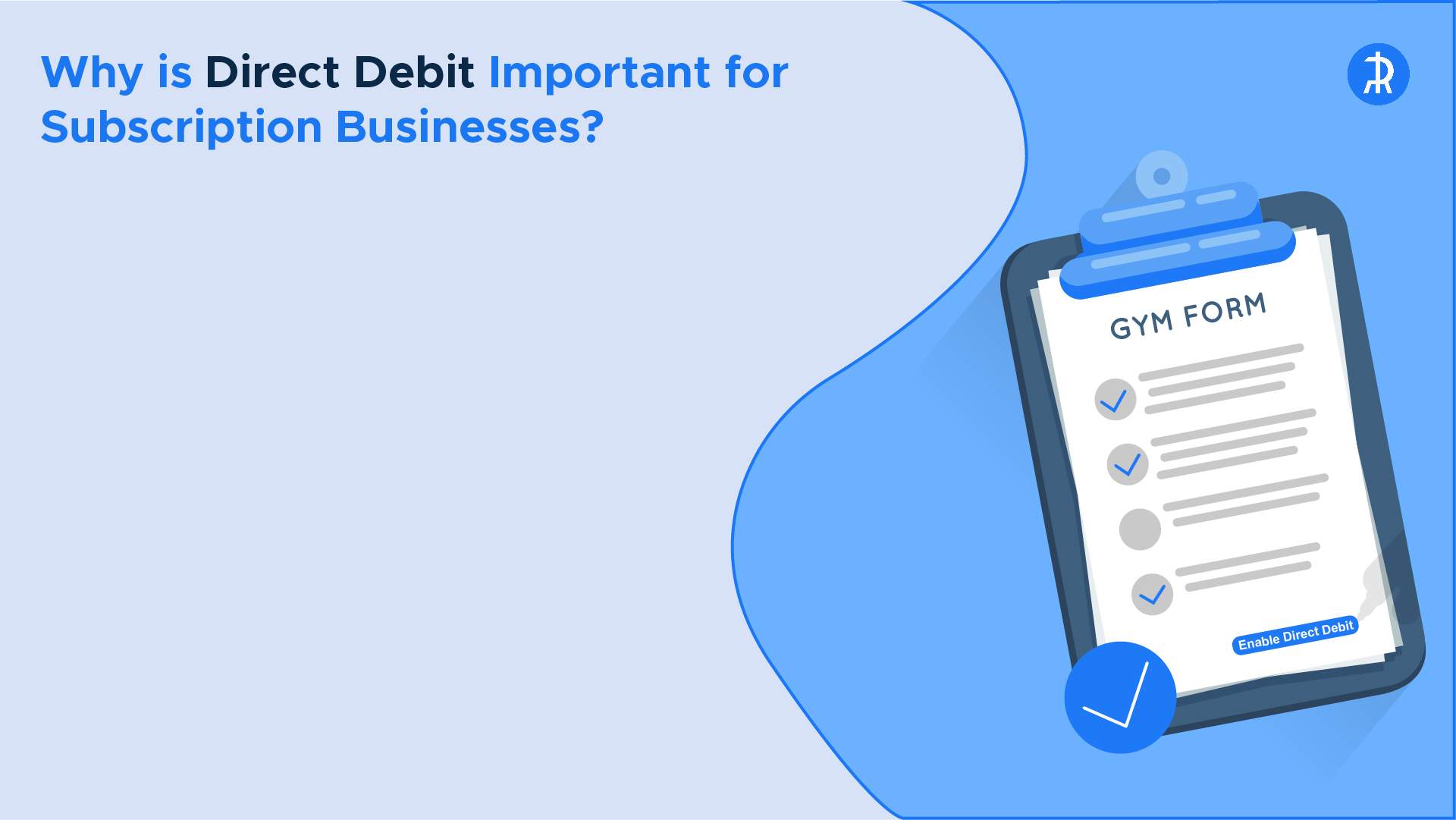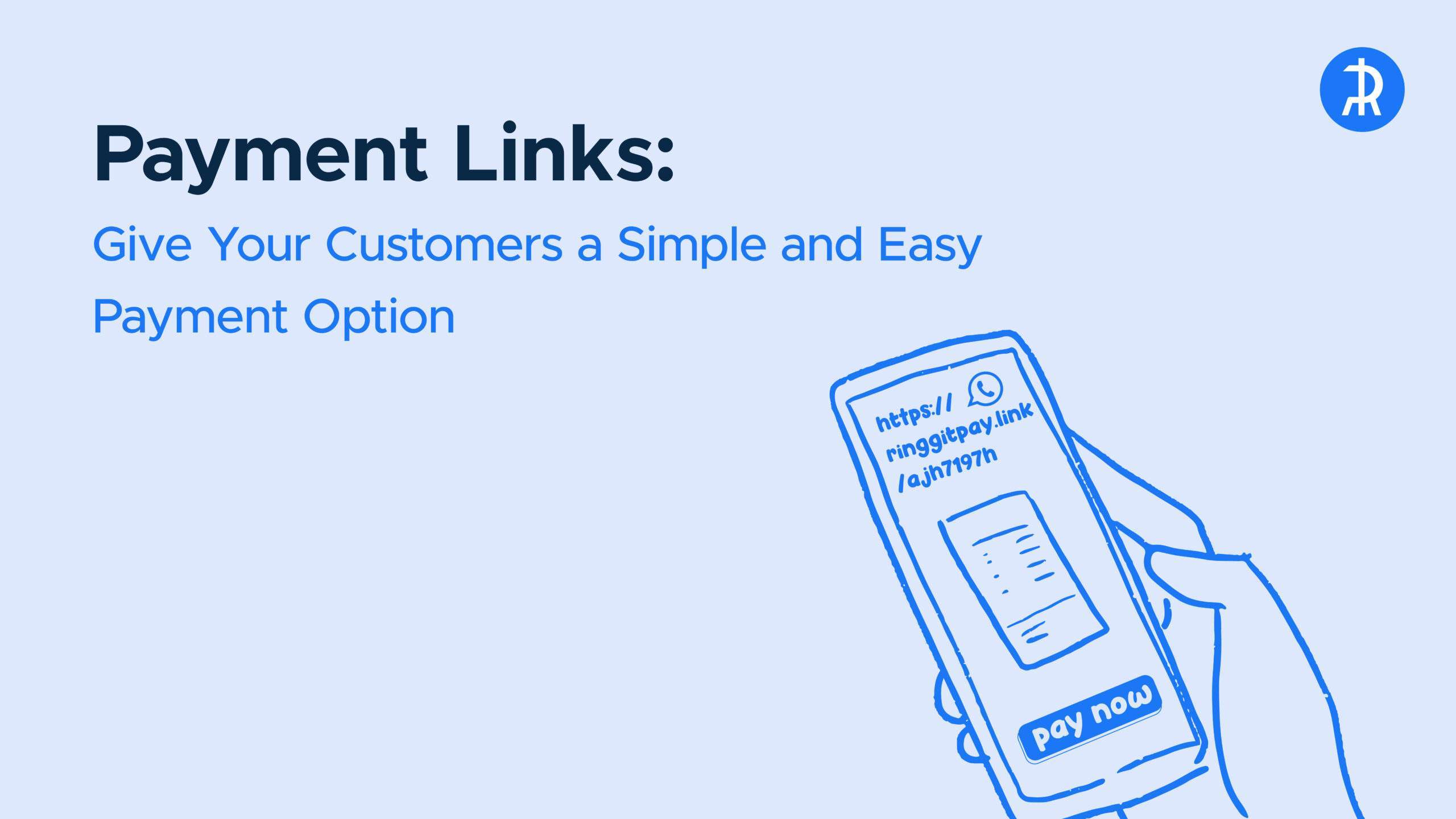The volume of transactions has significantly increased today with the increase in the number of businesses. Payment reconciliation is an indispensable part of any business as it vouches for the reliability of a business. In this blog, let’s understand why is payment reconciliation important for business and how to achieve 100% accuracy in it.

What is Payment Reconciliation?
Payment reconciliation is a financial process in which a company’s internally maintained financial record is compared with the bank statement to see if both matches. When the internal and the external records do not conform to each other, a company should take stringent measures to maintain the accuracy of the records.
Why is payment reconciliation necessary?
A company’s credibility lies in its transparent financial statements. Any error in the financial records during the audit will soil its reputation. Here is why regular payment reconciliation is necessary for a business.
It helps maintain Accuracy: Reconciliation ensures that all financial transactions are accurately recorded and accounted for. By comparing various records such as bank statements, invoices, and payment records, reconciliation helps identify discrepancies and errors, ensuring the accuracy of financial data.
Helps detect fraud: Reconciliation helps detect fraudulent activities such as unauthorized transactions, duplicate payments, or embezzlement. It helps prevent financial misstatements and discrepancies that could undermine the credibility of financial statements. discrepancies or irregularities can be identified and investigated promptly.
Helps with Cash Flow Management: Reconciliation provides insights into cash flow by tracking incoming and outgoing payments. It helps businesses monitor their liquidity position, identify overdue payments, and manage cash flow effectively.
Dispute Resolution: In case of discrepancies or disputes with vendors, customers, or financial institutions, reconciliation provides a clear and accurate record of transactions that can be used to resolve the issues promptly.
Budgeting and Forecasting: Accurate reconciliation data serves as the foundation for budgeting and forecasting activities. It helps businesses analyze historical financial trends, project future cash flows, and make informed strategic decisions. These reports are essential for decision-making by management, investors, creditors, and other stakeholders.
Compliance: Many regulatory bodies and accounting standards require businesses to maintain accurate financial records and perform regular reconciliation. Therefore, reconciliation helps avoid penalties, legal issues, and reputational damage.
Auditing: Reconciliation facilitates the auditing process by providing auditors with reliable financial data to review and verify.

How to achieve 100% accuracy in payment reconciliation?
Before we go into the strategies of achieving 100% accuracy, let’s first understand what causes errors in the first place. Errors in payment reconciliation can occur due to various reasons, including:
1. Data Entry Mistakes: Human errors during data entry can lead to discrepancies in payment reconciliation. Typos, transposition errors, or incorrect input of payment amounts, dates, or reference numbers can result in mismatches between records.
The best way to eliminate human errors is to automate payment reconciliation with RinggitPay.
2. Missing or Delayed Documentation: Incomplete or delayed documentation, such as missing invoices, transaction receipts etc., can make it difficult to reconcile payments accurately. Without proper documentation, it’s challenging to verify the authenticity and correctness of transactions.
Digitize invoices, and receipts with RinggitPay so that it never goes missing
3. Bank Errors: Errors made by financial institutions, such as recording incorrect transaction amounts or posting transactions to the wrong accounts, can lead to discrepancies in bank statements compared to internal records.
4. Fraudulent Activities: Fraudulent activities, such as unauthorized transactions, duplicate payments, or forged documents, can result in inaccuracies in payment reconciliation. Fraudulent activities may be perpetrated by internal or external parties and can be challenging to detect without proper controls in place.
Ensure secure payments and stay immune to cyber-attacks with RinggitPay.
5. Timing Differences: Timing differences between when transactions are recorded internally and when they are processed by banks or other payment processors can lead to reconciliation errors. For example, transactions initiated near the end of a reporting period may not be reflected in bank statements until the following period.
6. System Glitches or Software Issues: Technical glitches, software bugs, or system failures in accounting or reconciliation software can result in errors during the reconciliation process. These issues may lead to data loss, duplication of records, or incorrect calculations.
7. Currency Conversion Errors: For businesses dealing with multiple currencies, errors in currency conversion rates or calculations can lead to discrepancies in payment reconciliation, especially when reconciling transactions across different currencies.
8. Lack of Reconciliation Controls: Inadequate reconciliation controls, such as lack of segregation of duties, insufficient review processes, or failure to implement reconciliation best practices, can increase the risk of errors going undetected.
9. Complex Transactions: Complex transactions involving multiple payments, partial payments, adjustments, or credits can increase the likelihood of errors in payment reconciliation. These transactions may require scrutiny and manual intervention to reconcile accurately.
Deliver a simple payment experience with RinggitPay.
10. Changes in Accounting Policies or Procedures: Changes in accounting policies, procedures, or software systems can introduce discrepancies or errors during the reconciliation process if not implemented correctly or if staff are not adequately trained on the new processes.

Now, coming to the part of ensuring 100% accuracy in payment reconciliation, consider opting to digital payment solutions. Sign up with an online payment platform like RinggitPay that provides comprehensive payment solutions for your business. From generating e-invoices to automatically reconciling payments, RinggitPay can do everything for you, so that you can focus on your core business and grow more.
Check-out RinggitPay‘s comprehensive payment suite.
Payment reconciliation is inevitable in business which speaks for the credibility of a business. Thus, keeping it clean is essential. Switching to online payment platforms can make your reconciliation work a lot easier and more accurate. In this digital age when everything can be automated, why not automate payment reconciliation by opting for an online payment platform?
Related Posts




